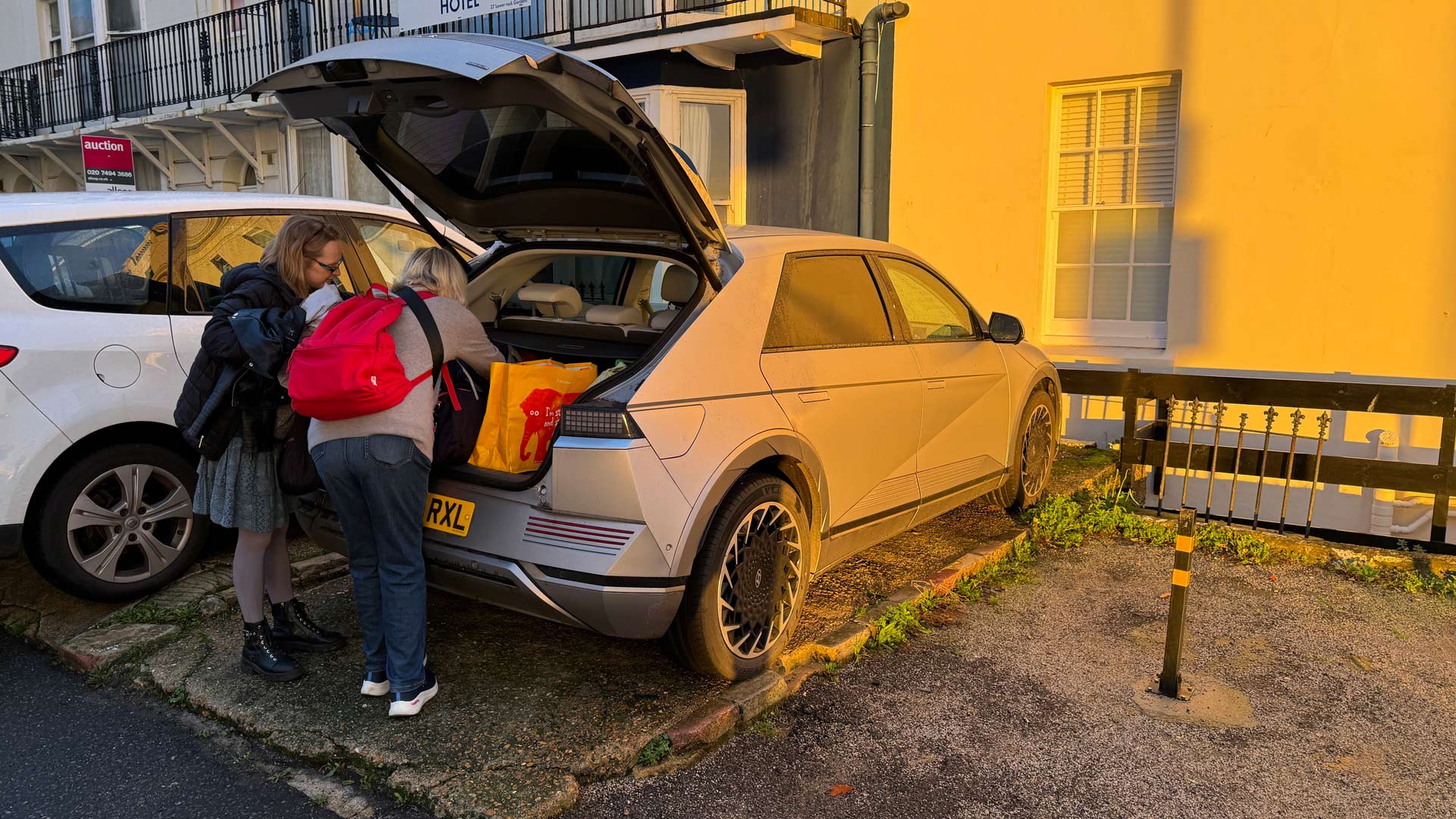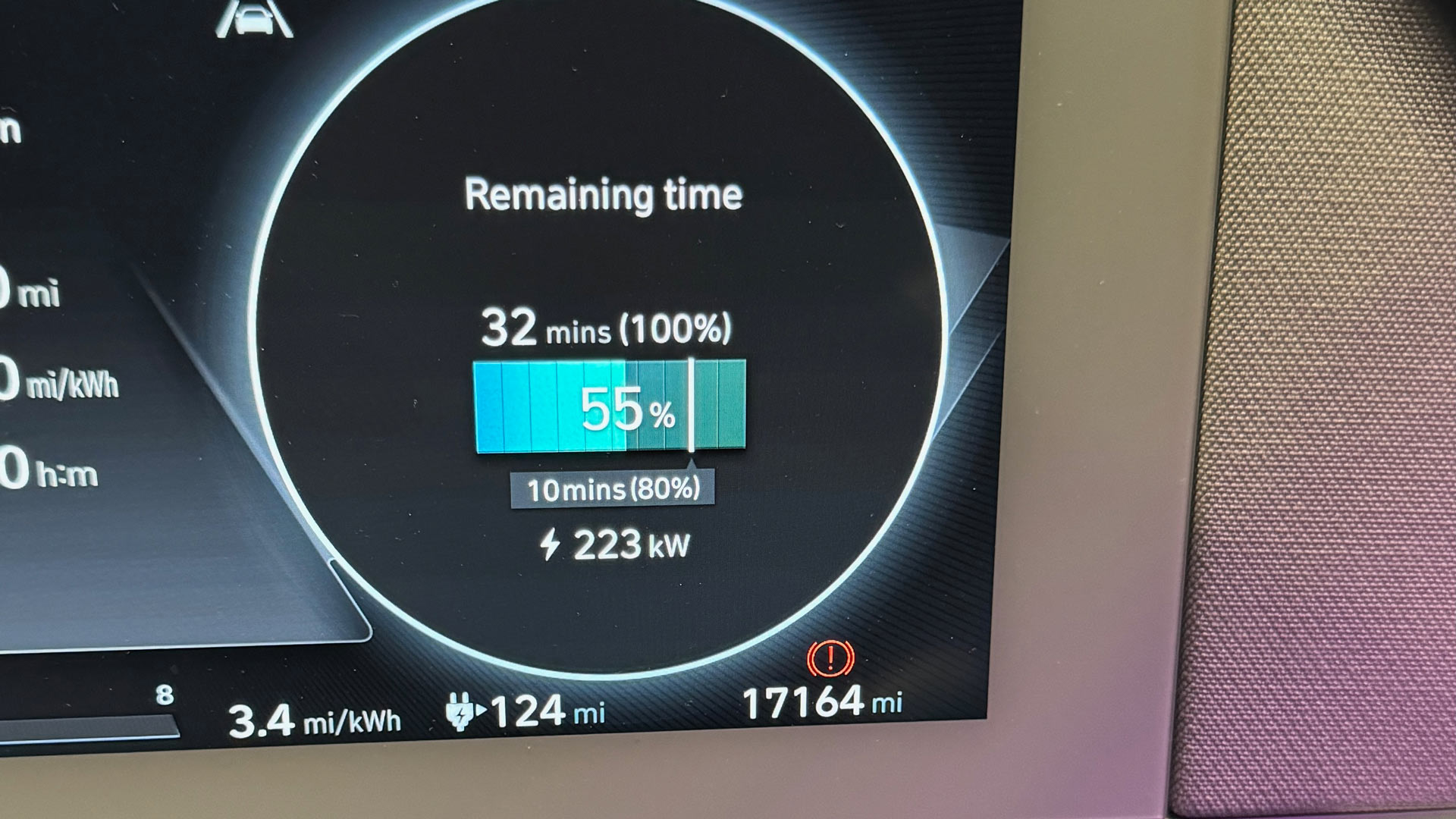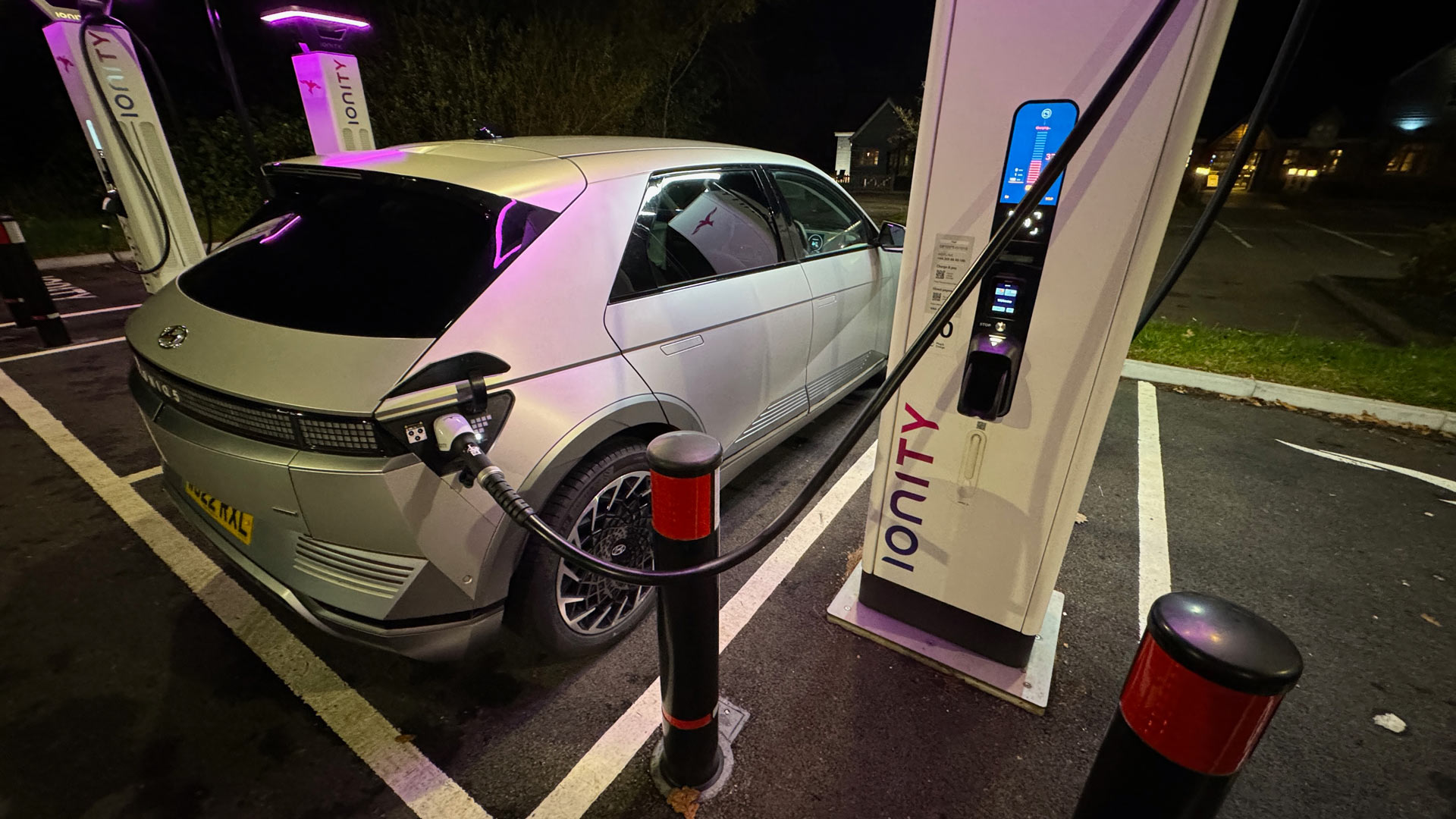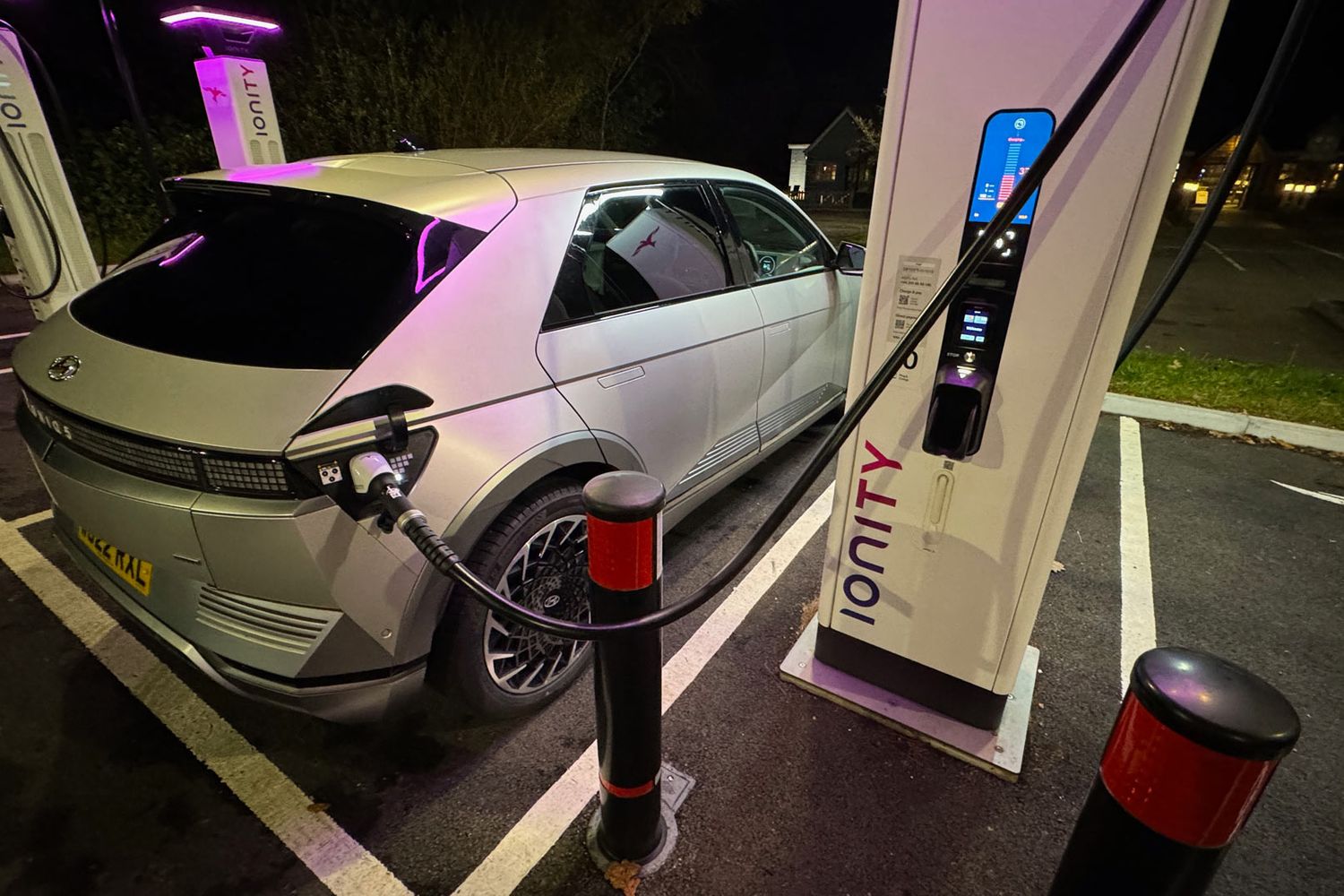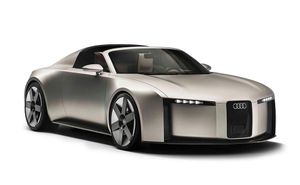In the five years I’ve been an EV owner, I’ve never once had a issue with the 12 volt battery. My BMW i3 has been left for weeks at a time and always, always, fired up when required. I never gave it a second thought. However, ownership of the IONIQ 5 has made me realise that the 12 volt battery is a seriously weak link. At this point, I should explain why electric cars still have antiquated 12 volt batteries and why they are a potential trip hazard in EVs. The traction battery in an electric car (the big one that drives the car) operates at a very high voltage (up to 800 volts in the car of the IONIQ) and is only ‘live’ when the car is turned on.
All electric cars need a small amount electrical power to trigger the relay to fire the traction battery into life. However, almost all modern cars are ‘always connected’ to the internet via their 3G/4G phone connections. Every time you use a connected app to check on the status of your car, that’s more power being sucked from the 12 volt. Factor in other things like motion-sensing alarms and you have what amounts to a fairly significant permanent drain on the battery.
Want to try it yourself? Book a test drive in the IONIQ 5 here.
In a petrol or diesel car, the 12 volt is charged by an alternator, which is driven off the engine. In an electric car, the car’s electronics have to divert energy from the traction battery to the 12 volt to keep it topped up. However, it can only do this when the car is either running or charging (when the traction battery is live). What appears to happen in the IONIQ 5 is that when the traction battery (the big one, remember) gets below 20% charge, it stops feeding the 12 volt in order to save as much energy as possible to drive the car. This means that if you get home and don’t plug in, the 12 volt (already running low because the car hasn’t been charging it) becomes vulnerable. Leave it for a couple of days (as I did, stupidly) and it will go flat.
It’s happened to be twice in the two years I’ve owned the car. Yes, you could argue that it is entirely my fault for not plugging it in when I got home. I would argue that leaving a car that was still showing 40 miles of range for two days should not be a problem. Or at the very least, there should be a warning pop up to explain what might happen if I don’t plug in.
On both occasions, I’ve had to use the physical key to open the car and use a portable charger / starter to get the damn thing to wake up. A complete pain in the arse and not something I’d expect a modern car to do.
Farewell
And so, after just over two years with the IONIQ 5, it is time to say goodbye. The lure of something less grey and far less sensible has meant that my time with the Korean hatch has come to an end. Have I enjoyed experience? Sadly, our friendship never quite blossomed into love, and that’s a bit of deal-breaker for me. I admired its talents in the way I admire, say, an Airbus A320. Well designed, good at the job it was made for, but not the kind of thing you want a poster of on your wall.
Would I recommend one? Yes, I think I would. It’s a very capable EV that’s perfectly happy on a long haul, and thanks to the battery preconditioning, insanely quick at recharging. I would have liked more efficiency (given how amazing Hyundai’s other all-electric offerings are), and a bit more excitement, but otherwise, my car will make an amazing buy for someone.








